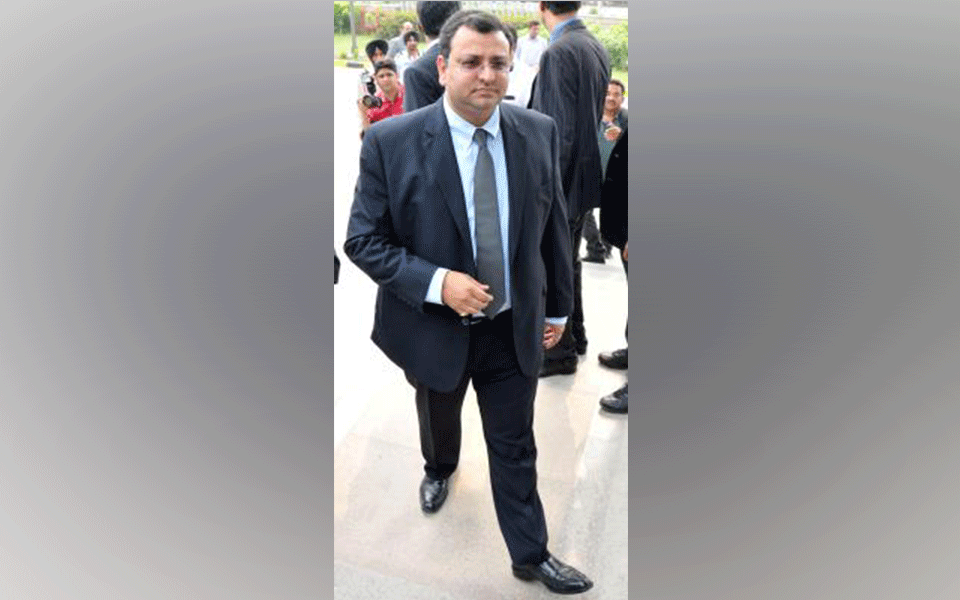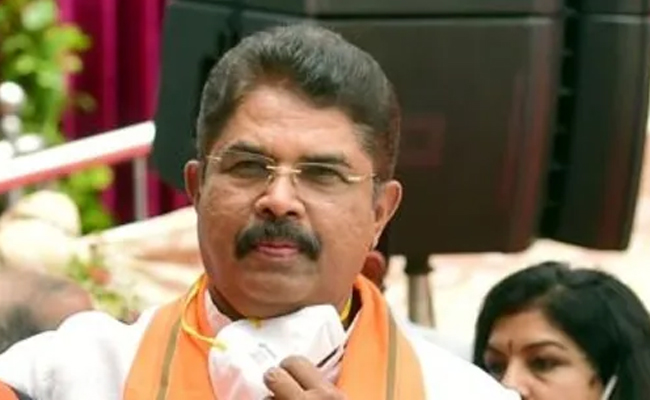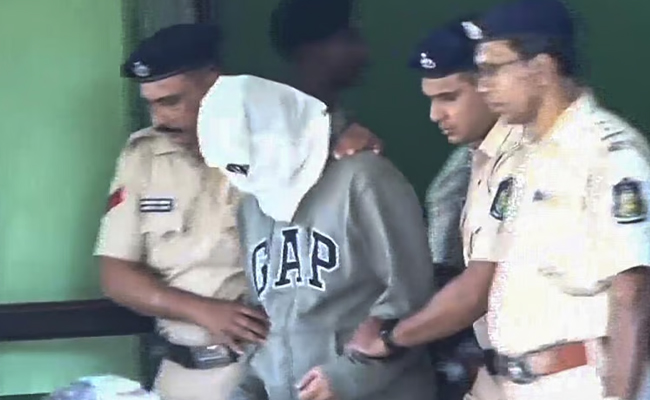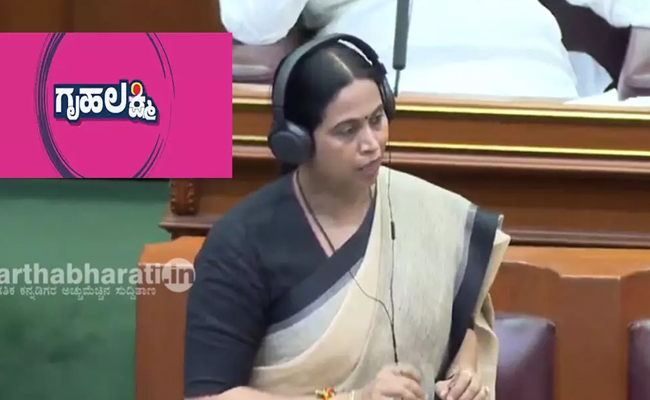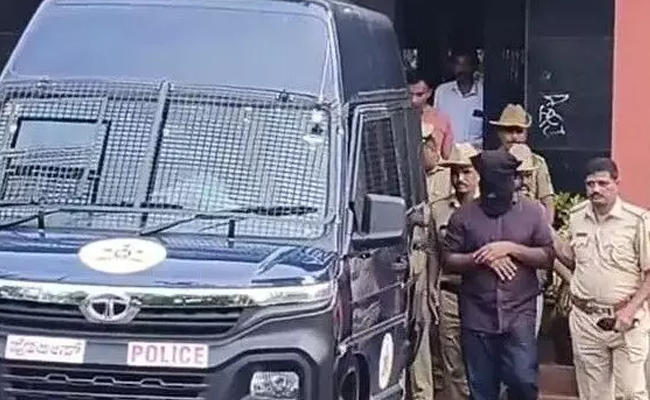New Delhi, Aug 24 : In a temporary relief to Cyrus Mistry, the National Company Law Appellate Tribunal (NCLAT) on Friday stated that Tata Sons cannot force him to sell his shares till the disposal of his appeal.
However, the appellate tribunal declined his plea for a stay on the conversion of Tata Sons into a private company.
The two-judge bench headed by Justice S.J. Mukhopadhyaya said it will decide on the conversion of Tata Sons, parent company of $103 billion Tata Group, from a public limited company into a private limited company after hearing the final arguments. The next hearing of the case is slated for September 24.
Mistry, who took over as Tata Group Chairman in December 2012 and was ousted in October 2016 by the Tata Sons board, had filed the petition with the NCLAT against the July 9 decision of the NCLT (National Company Law Tribunal) Mumbai bench.
The bench had upheld the decision of the Tata Sons board dismissing Mistry as Chairman.
On July 9, the NCLT Mumbai bench ruled that the Tata Sons Board of Directors was competent to remove the Executive Chairman and that Mistry was ejected as the board members had lost confidence in him.
The NCLT verdict had come on a petition filed by Mistry after he was abruptly ousted as the Chairman that had created an upheaval in the Indian corporate world.
Mistry later quit from the board of other six Tata Group companies but challenged the Group, and former and interim Chairman Ratan Tata's decisions, before the NCLT.
Last September, the shareholders of Tata Sons agreed to convert the public limited company into a private limited company, which in effect would restrict any shareholder from selling its stake to outsiders.
The shareholders approved the conversion saying it would help the company become more swift in decision making despite Mistry's opposition to it. Mistry, through his family firms Cyrus Investments and Sterling Investments, owns 18.4 per cent of Tata Sons while 66 per cent is owned by Tata Trusts.
Mistry's family had termed the decision as an act of oppression of minority shareholders.
On August 10, the Registrar of Companies approved the decision of Tata Sons to go private.
Let the Truth be known. If you read VB and like VB, please be a VB Supporter and Help us deliver the Truth to one and all.
New Delhi (PTI): The Supreme Court has quashed an FIR registered by the Karnataka Anti-Corruption Bureau (ACB) against former deputy chief minister and BJP MLA R Ashoka in a land allotment corruption case.
A bench comprising Justices Sanjay Karol and Vipul M Pancholi said the FIR shows a concerted effort on the part of the complainants to cast aspersions on the credibility of the appellant as a public leader and impute ill intention on him.
"The actions against the appellant ex-facie appear to be politically motivated and thereby afflicted by malice, even if delay was kept aside, the prosecution of the appellant could not proceed in the eyes of the law," the bench said.
ALSO READ: “Bleeding on the road, I begged for help but no one came”: Bengaluru woman recounts husband’s death
In this case, an FIR was registered by the Karnataka ACB to probe the allegations made regarding illegalities in land allotments during Ashoka's tenure as head of the Bengaluru South Taluk Bagar Hukum Land Regularisation Committee.
A complaint was filed that during his tenure, illegal allotment of government land meant for SC/ST and the poor was made to his family members, political followers and corporators.
The top court referred to India's first prime minister Jawaharlal Nehru's 'Tryst with Destiny' speech in which he said, "The service of India means the service of the millions who suffer. It means the ending of poverty and ignorance and disease and inequality of opportunity."
Setting aside a Karnataka High Court order that dismissed Ashoka's petition seeking quashing of the FIR against him, the apex court observed that the proceedings were initiated against Ashoka, a public servant, without obtaining a sanction order from the state government.
"Not to overextend the issue, it is seen that the record is conspicuously silent on any sanction having been obtained against the appellant. Since no investigation could have begun without such sanction, the preliminary report of the ACB, subsequent FIR and any and all proceedings thereafter have operated in the face of an express bar," the bench said.

